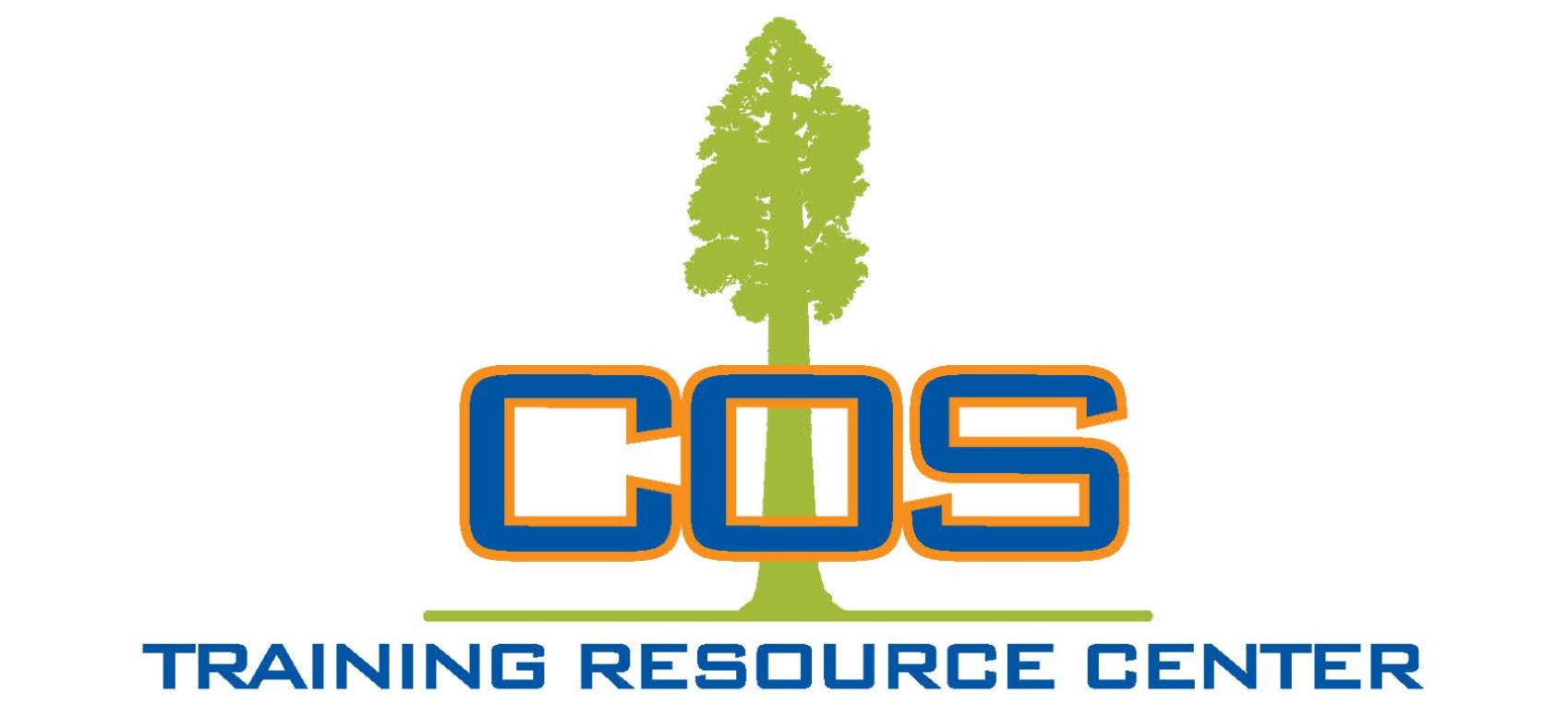How the Community College ETP Collaborative Responded to Support Businesses Affected by COVID

It’s hard to believe it’s been two years since COVID-19 upended the world and ushered in an era of shutdowns, social distancing, and mask mandates. Suddenly there were pandemic safety protocols that needed to be followed and workers who needed training in them.
The Employment Training Panel (ETP) quickly responded with the ETP COVID-19 Response Plan in March 2020. The plan was extended in May 2020 to specifically support employers and workers in the healthcare and food supply chain industries that were deemed essential. The COVID Rapid Re-employment and Retraining Pilot was created to help businesses train newly hired or rehired staff in industries critical to the health and welfare of Californians.
“The pandemic provided an opportunity for the collective workforce system to respond with agile and intentional programs.”
“The pandemic provided an opportunity for the collective workforce system to respond with agile and intentional programs. We focused our workforce resources on industries and communities hardest hit during the pandemic that faced the most significant recovery barriers,” said Robert Meyer, the Employment Training Panel director of economic development.
“Both COVID programs made the most of the ETP’s investment and partnership opportunities to stimulate job creation for industry sectors, employers, and workers hardest hit by the shutdown.”
Uniquely positioned to help California businesses, UpSkill California, a Community College Workforce Collaborative, worked with its partners to create and implement COVID training as the economy reopened during the pandemic. Each participating college received a $200,000 grant with a reimbursement rate of $2,000 per trainee after a 90-day retention period. The required curriculum included four hours of training per employee, and the COVID training content was up to the contractors.
“This crisis came out of nowhere, and the colleges collaborated to pull together the relationships we already had to rapidly get training programs in place for essential businesses and workers,” said Eldon R. Davidson, director, Center for Customized Training, El Camino College.
Partnerships & Collaboration Are the Keys to Success
Rockport Healthcare Services, a management company of 73 nursing home facilities throughout California, had worked with Butte College since 2018. Annie Rafferty, director of contract education, training and development, Butte College, knew they were the perfect match for the COVID training program. With Rockport Health Services having facilities throughout the state, she tapped Davidson to collaborate on training for their Southern California nursing homes.
“This rapid response project was critical in assisting Butte County employers already significantly impacted by the 2018 Paradise Camp Fire. The pandemic required the ability to quickly pivot and focus on the right training at the right time for new hire employees,” said Rafferty.
The Rockport Healthcare Services team began by surveying facilities to identify their needs and then developed four one-hour training modules. The pandemic affected all employees, so the training was open to new hires in all 73 facilities. Departments included laundry, housekeeping, administration, nursing, physical therapy, and dietary.
“They’re a tremendous resource, and their feedback on the training modules was wonderful.”
Carol Larkin, chief clinical development officer for Rockport Healthcare Services, said working with the colleges was a collaborative process. “They’re a tremendous resource, and their feedback on the training modules was wonderful.”
The training was done in person with an infection preventionist or by Zoom and included theory and clinical aspects. Participants were given a skills check after each training where they got to put into practice what they learned. The final training modules included: Breaking the Chain of Infection, Isolation Precautions, Cleaning & Disinfection, and Prevention Strategies for COVID-19.
“I think the value and benefit of this program was the delivery of care in the facilities. The whole focus was to keep our residents and staff safe, and the participants understood the importance of the COVID prevention training,” Larkin said.
After the trainings, Rockport Health Services saw an increase in handwashing compliance which is key to breaking the chain of infection. Seeing this increase was part of why they decided to continue the COVID training at all their facilities past their collaboration with the colleges, which ended in November.
Of the 100 training slots each college was allotted, Butte College used 69, and El Camino College used 67 for Rockport Health Services. For her remaining slots, Rafferty is working with two companies: Fifth Sun, an apparel manufacturer that started making masks during the pandemic, and Lundberg Family Farms, a manufacturer of rice products.
Helping Essential Workers Implement Safety Protocols
El Camino College still had 33 COVID training slots available, so Davidson contacted his colleague Belle Gomez at Cerritos College about the program. (Cerritos College receives ETP funding through El Camino College). Gomez, director of community advancement and economic development, had a long-standing relationship with Bristol Farms, a gourmet grocery store in Southern California.
“My first thought was, how can we be responsive and help essential workers operate under the hardships brought on by the pandemic? Bristol Farms was on the front lines and needed to implement safety protocols to keep their customers and staff safe. It was important to help them,” Gomez said.
Since the stores are part of the food supply chain, the company met the criteria for the COVID training program. Gomez worked with Bristol Farms to create a program that met their needs around keeping stores open, handling food, dealing with customer service, cleaning protocols, and addressing mental health issues about the pandemic so employees felt safe and would show up to work.
The resulting program included two four-hour training sessions for new and existing employees, held at the store locations and led by certified safety trainers. The training was based on information from the CDC and was updated as new information became available.
The program was so successful that Bristol Farms integrated COVID safety training into its onboarding process for new employees.
Responding to the Needs of California Employers
When Dave Teasdale learned about the ETP COVID training program, he surveyed the Kern Community College qualifying partners and prospective clients for interest. Bakersfield Family Medical Group and Tasteful Selections, the leading producer of bite-size potatoes, responded first, and both met the qualifications.
As the executive director of economic and workforce development programs, Teasdale had worked with them on other projects over the years. Both companies were doing a lot of hiring and needed COVID training and safety protocols for new employees.
Bakersfield Family Medical Group used 70 training slots, and Tasteful Selections used 20 for a four-hour training employees completed at their facilities. Teasdale is working with another medical company and food manufacturer to use the remaining 10 slots.
Chaffey College also received the ETP COVID grant and is currently developing training programs with a beverage company and medical device manufacturers.
“The ETP and California Community College Contract Education partnership proved essential to the success of these programs. Over $37M of ETP funding has been invested, and more than 28,000 workers in industries critical to the COVID economy have been trained,” said Meyer.
“These programs enabled businesses and workers impacted by the pandemic to receive the job skills needed to return to work and reemerge into the post-pandemic economy.”
View full article here: https://upskillcablog.com/how-the-community-college-etp-collaborative-responded-to-support-businesses-affected-by-covid/

